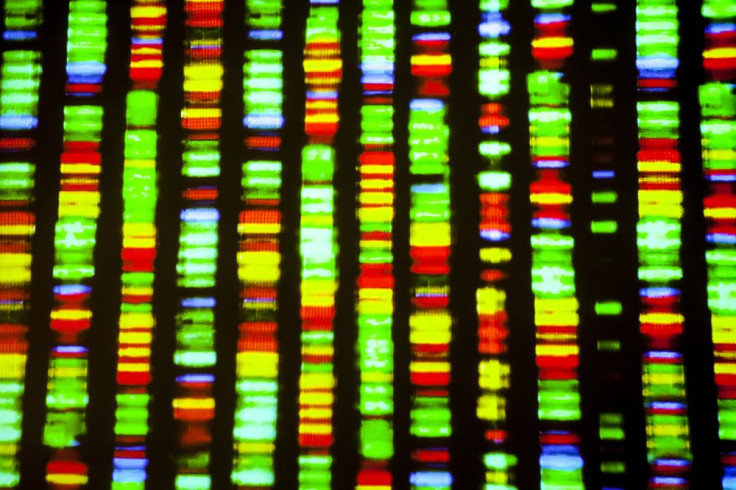Schizophrenia's Causes Revealed With 'Strongest Evidence Yet' Of Chemistry-Altering Mutations

An international team led by researchers from the University of Cardiff in England has presented the strongest evidence ever to explain the root cause of schizophrenia. The team found that specific genetic mutations, known as copy number variants (CNVs), which disrupted the delicate chemical balance in the brain necessary for healthy development and function, were heavily implicated in causing the condition.
The study was the largest ever of its kind and is currently published in the online journal Neuron. To investigate, the team of researchers compared the genetic data of 11,355 patients with schizophrenia against a control group of 16,416 people without the condition.
In comparing the DNA of the two groups, the researchers found that the schizophrenia patients had CNVs that were not present in the individuals without the condition. According to the press release, CNVs are mutations in which large stretches of DNA are either deleted or duplicated. In the schizophrenic patients, the mutations tended to disrupt genes involved in specific aspects of brain function. A healthy brain works thanks to a precise chemical balance between signals which both excite and inhibit nerve cell activity. The combination of mutations found in the schizophrenia patients disrupted this natural balance.
This finding confirms the team’s 2011 theory and “marks a significant step toward understanding the biology underpinning schizophrenia,” lead author Dr. Andrew Pocklington explained in the press release. "We're finally starting to understand what goes wrong in schizophrenia."
While it is clear that schizophrenia runs in families, its exact genetics have remained a mystery to researchers. Recently a study from Duke University found that deleting the gene Arp2/3 in mice resulted in behavior similar to that exhibited in schizophrenia in adults, but this past research has suggested that hundreds of genes contribute to the condition. A 2014 study identified the root of schizophrenia as being a brain imbalance but failed to identify exactly how the imbalance came about. A separate study suggested that this imbalance may be due to genetic mutations, but this most recent study provides the strongest evidence to date to back these claims.
The implications for the Cardiff findings are vast and will help scientists develop a coherent model of schizophrenia. According to Pocklington, a reliable model of the disease is “urgently needed” to help progress new treatment options.
Along with understanding the fundamental workings that lead to schizophrenia, the study has also uncovered the first strong evidence of a genetic factor to the disease.
"In the future, this work could lead to new ways of predicting an individual's risk of developing schizophrenia and form the basis of new targeted treatments that are based on an individual's genetic makeup," said Professor Hugh Perry, who chairs the Medical Research Council Neuroscience and Mental Health Board.
Also, because CNVs are believed to play a role in the onset of other neurodevelopmental disorders, such as ADHD and autism spectrum disorder, the team hopes that the finding will contribute to research beyond mental health.
Source: Pocklington AJ, Rees E, Walters JTR, et al. Novel Findings from CNVs Implicate Inhibitory and Excitatory Signaling Complexes in Schizophrenia. Neuron. 2015.
Published by Medicaldaily.com



























